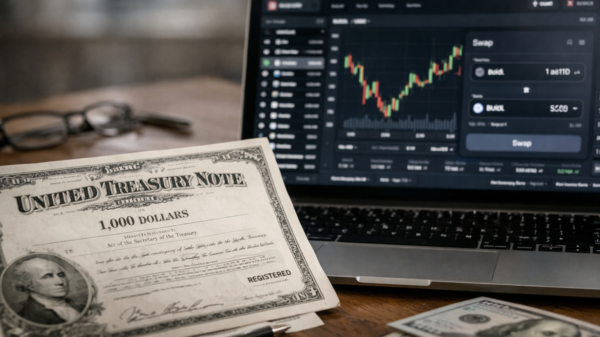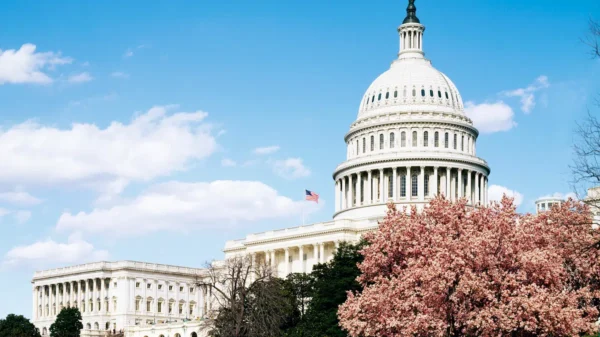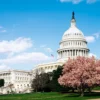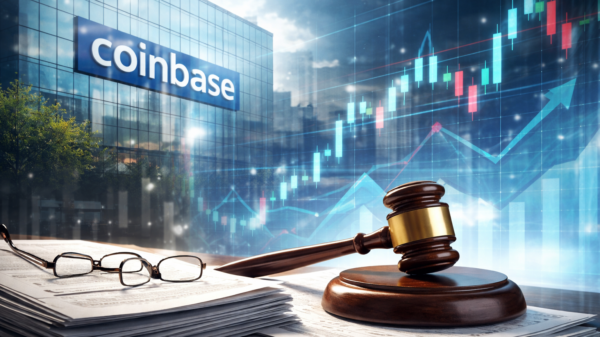The Canadian Securities Administrators (CSA) issued a warning to Canadians on Tuesday about crypto trading providers falsely claiming to have authorization or affiliation with a fictitious regulator.
Certain trading service providers falsely assert that they have received certifications from nonexistent authorities or claim membership in fictitious dispute resolution organizations to make themselves sound credible.
One such provider asserts that its fabricated certification establishes it as “a dependable and trustworthy online trading platform.” These misleading trading services’ websites often feature links to the websites of these counterfeit regulatory or dispute resolution organizations.
A few of these organizations have names like:
- Financial Standard Commission FSC Canada
- Financial Commission/Finacom PLC Ltd.
- Blockchain Association
- European Financial Services and Exchange Commission
- Crypto Conduct Authority/Crypto Frugal Ltd. (Ireland)
The websites seem legitimate at first glance. They include information about complaint processing, dispute resolution and offers compensation to affected investors. They even mention actual locations like Canary Wharf in London or Plaza de Mayo in Buenos Aires, which add to their apparent authenticity.
However, upon closer examination, the language used on these websites is often awkward and lacks polish, with noticeable errors in spelling, grammar or syntax. These linguistic inconsistencies serve as common indicators or “red flags” that point towards the illegitimacy of these entities.
The CSA notes that none of the organizations mentioned above are recognized regulators or established dispute resolution organizations. Consequently, any entity claiming to be approved by or a member of these organizations is highly likely to be fraudulent and should be approached with extreme caution.
Secondly, the list of fake organizational names provided is not exhaustive and represents only a selection of those identified by the organization thus far. New names can appear at any time and investors should keep updated and be skeptical when dealing with unfamiliar organizations.
Read more: Venezuela halts Petro blockchain due to corruption scandal
Read more: Tether invests in sustainable Bitcoin mining in El Salvador
Crypto-traders urged to consult the CSA website for verified exchange list
Also, numerous national regulatory agencies and self-regulatory organizations within the investment market hold membership in the International Organization of Securities Commissions (IOSCO).
IOSCO is a legitimate organization that includes several members from the CSA, who may be ordinary members, associate members, or affiliate members. This affiliation with IOSCO lends credibility to organizations associated with it. However, it is important to verify the specific membership status of any entity claiming to be an affiliate and not solely rely on broad IOSCO membership as a guarantee of legitimacy.
In light of these considerations, investors are strongly advised to conduct thorough research, exercise caution and seek guidance from established and recognized regulatory authorities before engaging with any investment platform or service provider.
The CSA also points out that prospective traders should refer to its list of registered crypto trading platforms. It is also essential to acquire a solid understanding of the fundamentals of crypto assets. While regulatory oversight plays a vital role in safeguarding investors, it is important to note that such measures cannot completely eliminate all risks associated with trading crypto assets, which may involve substantial and rapid price fluctuations.
Read more: Blockchain Intelligence Group launches course on Ethereum for law enforcement
Read more: The world’s largest cryptocurrency exchange leaves Canadian market
An estimated 35 per cent of Canadians owning digital assets had fallen victim to crypto fraud
A research study conducted earlier this month by contributors from Toronto Metropolitan University (TMU) revealed that an estimated 35 per cent of Canadians owning digital assets had fallen victim to crypto fraud.
The study further determined that approximately 9 per cent of the population in Canada have purchased cryptocurrencies or NFTs, with the share being higher among individuals who graduated from universities.
The report, based on a representative survey of 2,000 Canadian residents, highlighted the significant issue of fraudulent schemes associated with cryptocurrencies in the country. According to the findings, more than a third of individuals who have invested in digital assets have been targeted and affected by various types of scams.
Among the respondents, the largest share of 14 per cent reported being contacted by someone posing as a crypto investment manager, who later absconded with a fee for their purported services. Additionally, 10 per cent admitted to sharing their wallet information after receiving a request for additional details, while 7 per cent disclosed purchasing digital currencies from an unknown individual who subsequently disappeared.
.
Follow Joseph Morton on Twitter
joseph@mugglehead.com















Jeffrey Miller
January 31, 2024 at 4:47 am
Finally I was able to recover my lost fund about £250k which I thought I couldn’t get again from my account manager,I recovered my lost funds because I never gave up. If your having some challenges of Fund withdrawal with your broker account manger or your account manager is asking you to make more deposits before you could withdraw your money and you need assistance on how to recover your lost fund.Kindly E-mail Jeffrey Miller Recovery through her private email address millerjeffery702 at gmail dot com if you need assistance in recovering of your lost funds or on how to withdraw your funds from your trading account she will guide you on how to recover all your lost fund back and also guide you on how to invest with a legit and regulated company